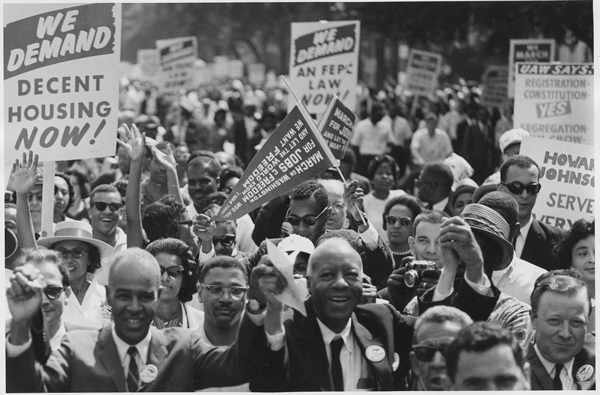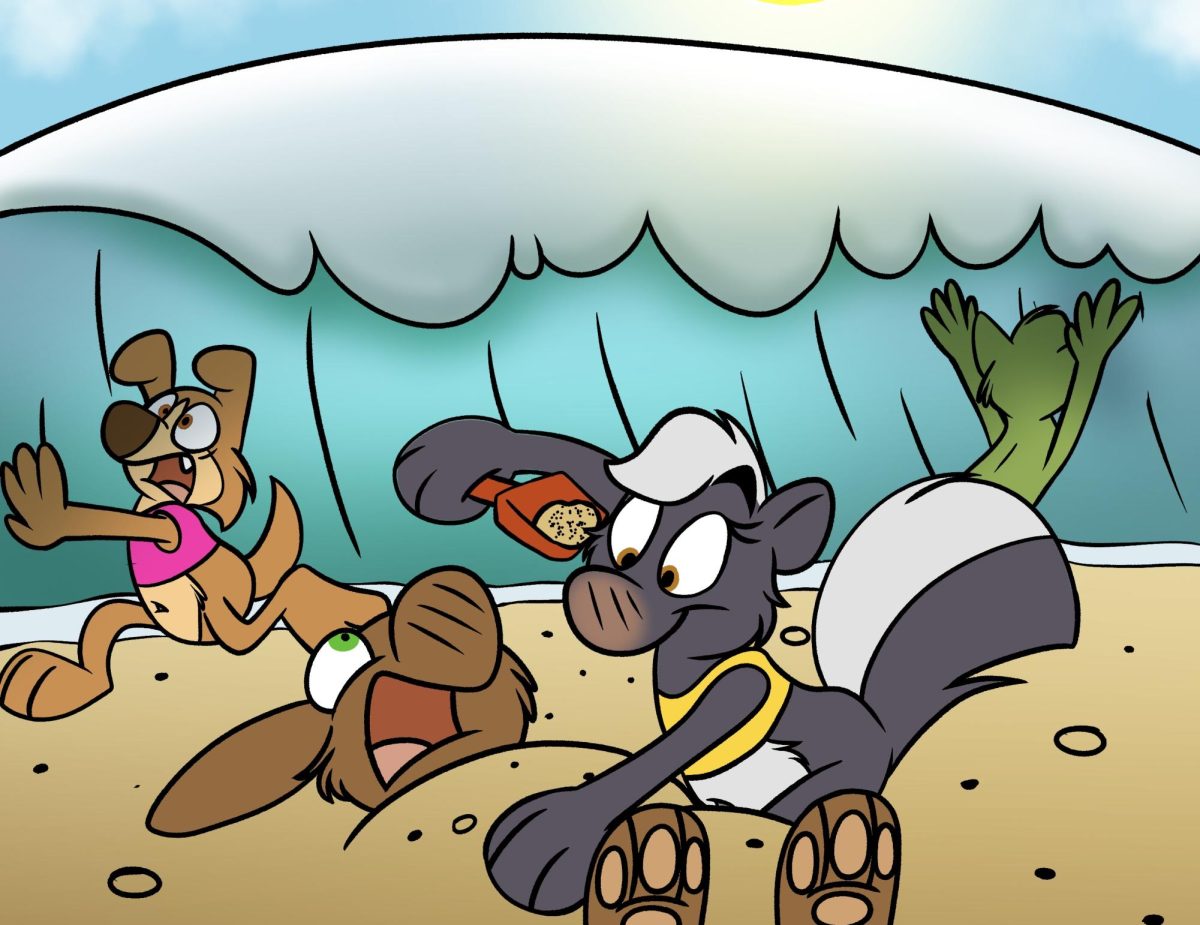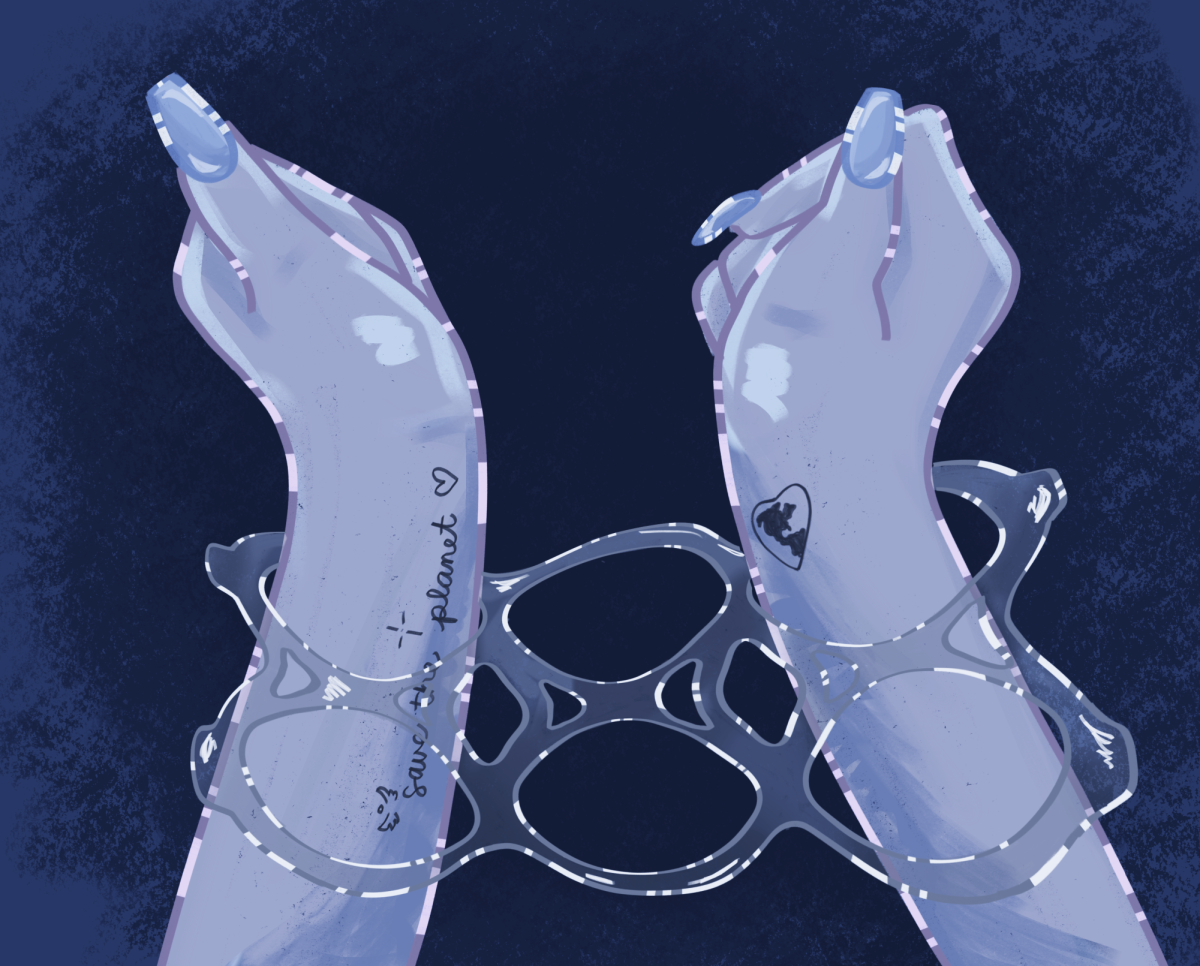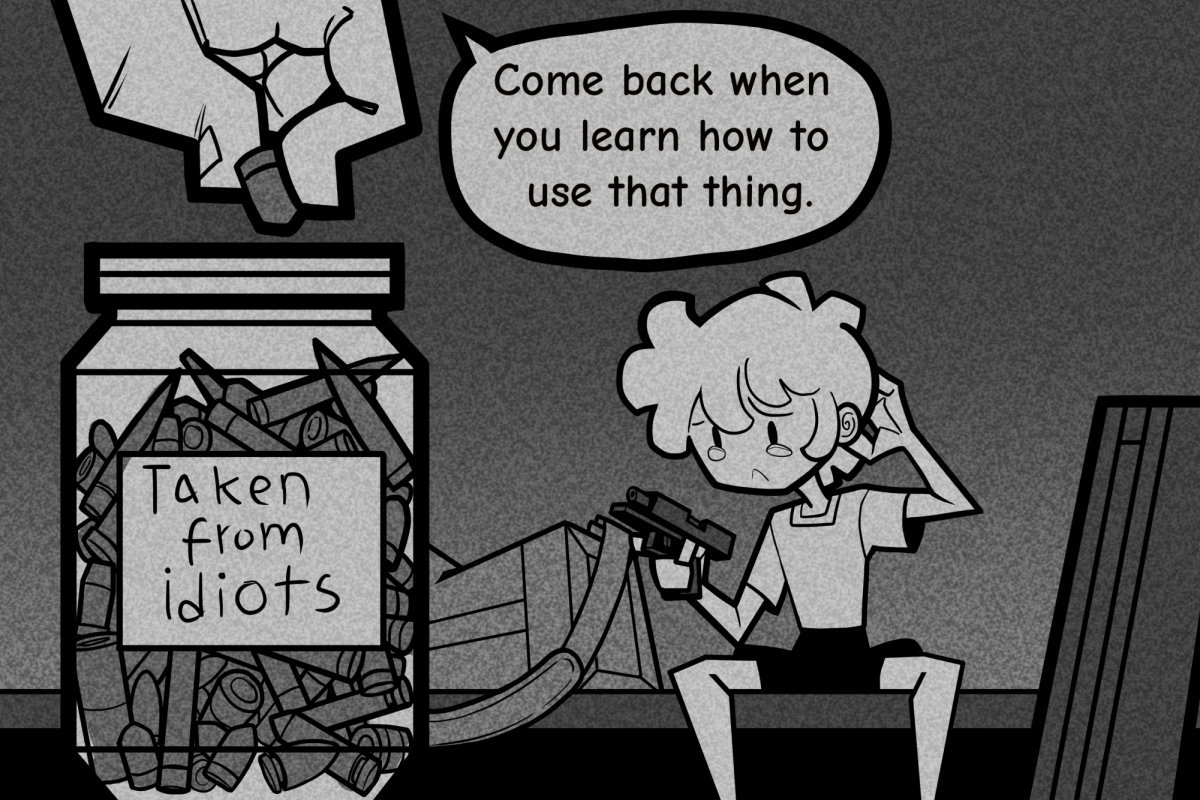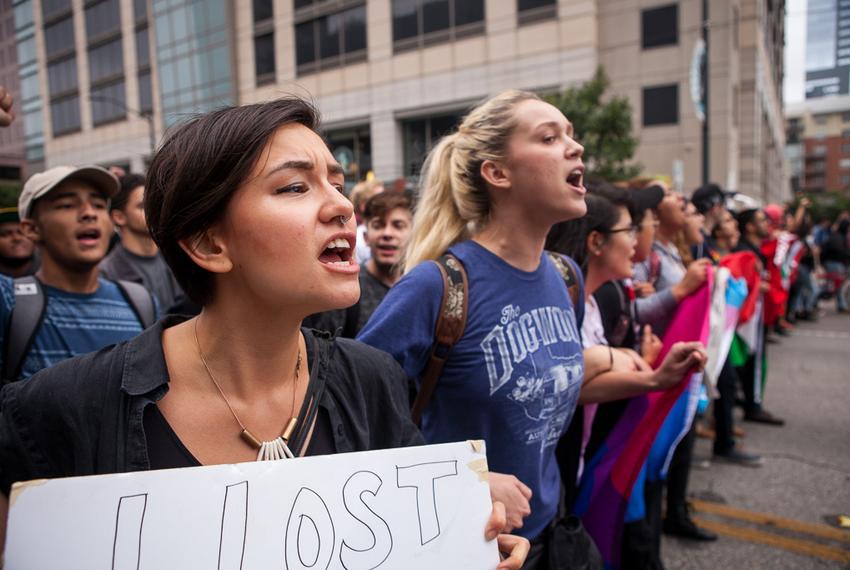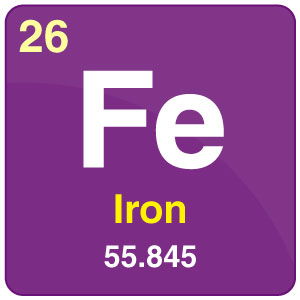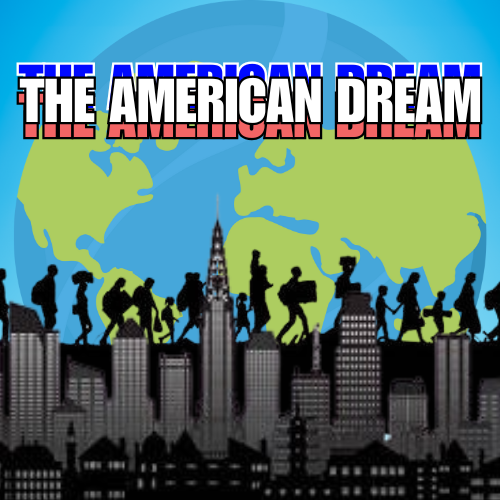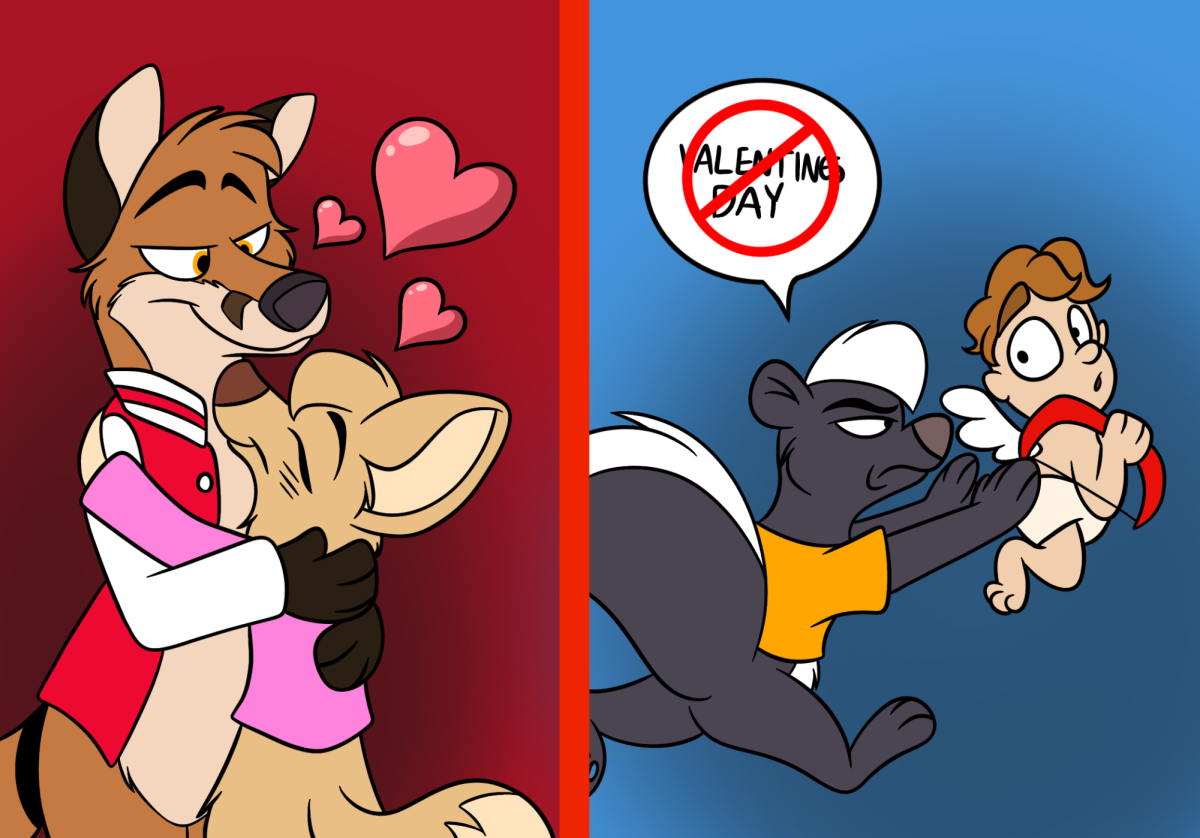By James Eyre
Shortly after watching the 1996 film “Selma, Lord, Selma” on Martin Luther King, Jr. Day, I began a conversation over Facebook with one of my high school teachers.
We discussed the importance of the Civil Rights Movement and the impact it left on the present-day United States.
I remarked that it struck me as sad, because it seems to me that the majority of people would like to think these events happened long ago, but when you really look at it, it was not long ago at all.
My former teacher agreed.
“Nope, that is modern history,” she replied.
My former teacher, who is African-American, and I, a white man, soon found ourselves engaged in a deep discussion about our experiences with modern-day racism.
My former teacher noted hearing notions of academically successful black students “acting white,” including one who was given a “Most Likely to Blend in With White People” plaque.
Regarding my own experiences, I once attended a Black History Month event in high school.
As I was walking from exhibit to exhibit, a boy I had never met approached me, called me “n*gger lover,” and walked away without another word.
I never saw that boy again, but his words strengthened my already firm stance on combatting racism.
Black History in the United States has always been important to me, partly due to personal connection.
My late maternal grandmother participated in the civil rights movement in the 1950s.
I will not pretend to know the struggles of experiencing the movement first-hand, but what I have learned is the importance of continuing to work to make things better today.
Towards the conclusion of the conversation I had with my former teacher, I stated something that she described as one of the most accurate things she ever heard: there’s a reason people say “history repeats itself.”
It is essential to have knowledge of the relatively recent occurrences that have shaped so much of modern American life.
For example, interracial dating and marriage is at the highest rate it has ever been in the U.S., but some schools haven’t sponsored prom since the end of segregation.
This is still a reality in some rural, Deep South towns and cities. At least one high school in Georgia, Wilcox High, did not sponsor prom from the end of segregation until 2014. Instead, parents organized private, racially segregated prom nights.
Efforts to have an integrated prom hosted by the school were mainly led by interracial couples at the school with help of the local NAACP.
This certainly demonstrates progress made, and how much remains to be done.
It is a sad reality that hatred has always been part of human existence, and it is Utopian to think that this will ever entirely change.
However, we can keep the legacy of Martin Luther King, Jr. alive.
As King said, “The time is always right to do what is right.”
Fifty years after his tragic death, the dream is still alive.
It is alive in the form of citizens who uphold the legacies of our past heroes. It is alive in the form of my former teacher who influenced this column.
It is alive in the form of all who stand for a truly united nation.
There are many organizations all over the nation dedicated to that task.
The Men’s Empowerment Coalition and Club Y.O.U are organizations on campus that serve this purpose.
There are also annual reenactments of historical events such as the Selma March and March on Washington.
Others, such as the Center for Community Change, work to improve conditions of low-income minority-majority neighborhoods and schools.
We may never find ourselves fighting segregated facilities or rigged voting tests again, but everyday racism remains.
My call to action is for you to follow in the path of Dr. King and those who stood with him during the Civil Rights Movement. Every contribution matters.
— James Eyre is a journalism major
and a reporter

